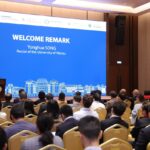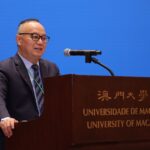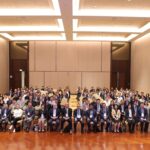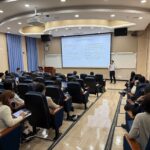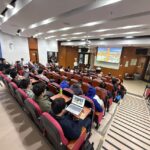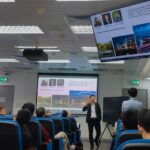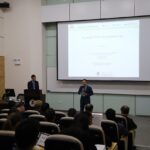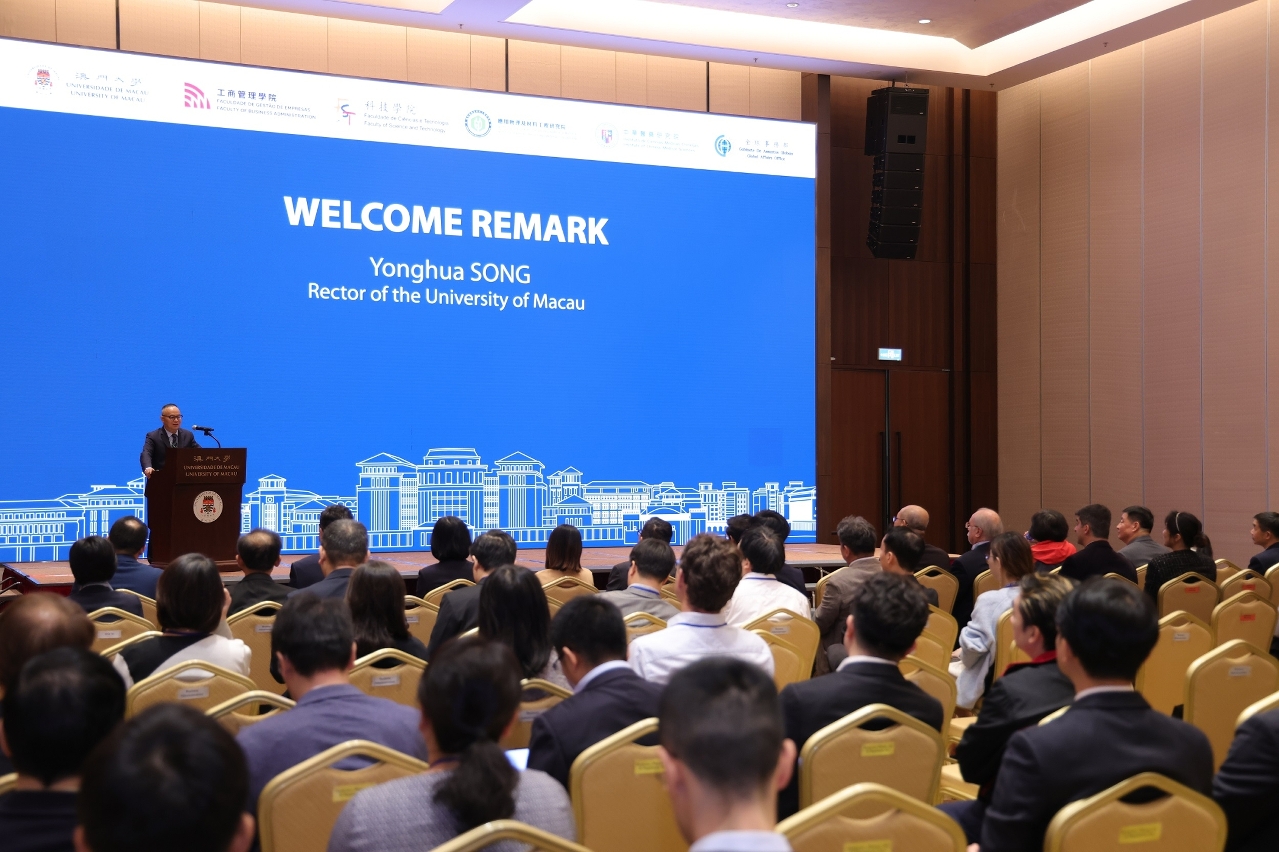 UM holds the UM Global Academic Symposium
UM holds the UM Global Academic Symposium
The UM Global Academic Symposium commenced today (2 December) at the University of Macau (UM). With the aim of promoting global academic exchange and strengthening international partnerships, the symposium has brought together over 50 scholars from 23 institutions across Australia, New Zealand, Singapore, South Korea, and Japan to share their research findings and advances in cutting-edge technologies, and to explore potential research collaboration.
In his opening remarks, UM Rector Yonghua Song highlighted the university’s proactive approach to expanding international cooperation, its commitment to nurturing talent with a global perspective, and its ongoing efforts to promote research collaboration across various disciplines. In recent years, UM delegations have visited a multitude of universities and research institutes in Australia, New Zealand, Singapore, South Korea, and Japan. The symposium, serving as a continuation of these visits, has provided an important platform to foster knowledge and technology exchange, cooperation, and collaborative projects.
The two-day symposium consists of four parallel sessions covering fields including business administration, engineering, computer science, mathematics, materials science, pharmacology, and regulatory science, hosted by UM’s Faculty of Business Administration (FBA), Faculty of Science and Technology (FST), Institute of Applied Physics and Materials Engineering (IAPME), and Institute of Chinese Medical Sciences (ICMS). Participants will also engage with UM faculty, researchers, and postgraduate students in related fields through discussions, meetings, and lab tours.
The parallel session hosted by FBA featured renowned scholars from Australia, Singapore, and South Korea who spoke on finance, business economics, management, and marketing. Focusing on ‘Econometrics and Applications’, ‘Asset Pricing and Corporate Finance’, ‘Consumer Behaviour and Marketing Strategies’, and ‘Organisational Behaviour and Human Resource Management’, the speakers discussed and analysed cutting-edge research topics with UM students and faculty.
FST’s parallel session, themed ‘Connecting Ideas—Global Perspectives in Science and Technology’, brought together leading scientists, engineers, and technical experts from Australia, New Zealand, and Singapore. The speakers focused on advanced fields such as structural mechanics, renewable energy power, partial differential equations, unsaturated soil mechanics, machine learning, and computational intelligence, offering participants the opportunity to discuss and analyse various technological issues.
The parallel session hosted by IAPME centred on ‘Applied Physics and Materials Engineering’, where distinguished scholars from Australia, Singapore, and Japan exchanged views with IAPME professors. Through presentations and in-depth discussions, participants explored the latest developments in nanotechnology, new materials development, optoelectronics, and new energy materials.
ICMS’s parallel session, themed ‘Traditional and Integrative Medicine, Pharmaceutical Science, and Regulatory Science’, brought together biomedical experts from Australia, New Zealand, Singapore, South Korea, and Japan. A total of 15 presentations were given, covering research areas such as immunotherapy targets, cancer diagnosis, challenges and opportunities in the internationalisation of Chinese medicine, innovative drug discovery, disease mechanisms and treatment, pharmaceutical patents, and clinical data discovery and analysis techniques.
The symposium has not only provided a platform for academic exchange but also laid a foundation for future cooperation. UM will continue to promote the mutual development of the global academic community, expand its international influence, and strive to become a major player in the international academic arena and address current global challenges.


